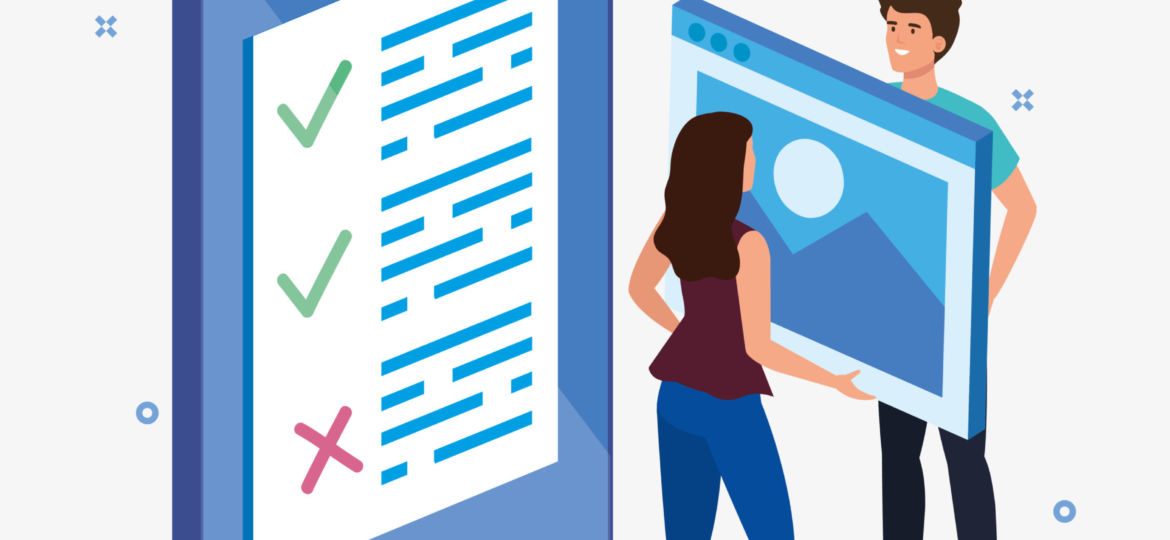
Understanding End-User License Agreements (EULA): Why Your Software Needs One and Practical Business Insights
In today’s digital age, software has become an integral part of our personal and professional lives. Whether you’re a software developer or a user, you must understand the legal framework governing your software’s use. One crucial legal document that protects both creators and users is the End-User License Agreement (EULA). In this article, we will delve into what EULA is, why you need one, and provide practical business insights into drafting an effective EULA.
What is an End-User License Agreement?
An End-User License Agreement, commonly known as EULA, is a contract between the software creator or distributor and the end user. It outlines the terms and conditions under which the software can be used, distributed, or accessed. EULAs serve as a legal protection mechanism that defines the rights and obligations of users while safeguarding the rights of the business owner/licensor.
When Do You Need an EULA?
- Commercial Software: if you offer a software that is sold commercially, whether it’s a desktop application, mobile app, or web-based service.
- SaaS (Software as a Service): if you offer software as a service, where users access your software through a subscription or cloud-based model.
- Beta or Trial Software Versions: if you provide beta or trial versions for users to test before a full release.
- Custom Software Development: if you develop software for clients on a custom basis and provide it under licensing arrangements.
- Free Software: even if you offer software for free, you may still need an EULA to set the rules for how the users must use the software.
Why Your Software Needs an EULA?
Protecting Intellectual Property Rights:
An EULA plays a vital role in protecting the intellectual property rights associated with your software. It establishes that the software is protected by copyright laws and grants users the right to use it under specific conditions. It helps prevent unauthorised copying, distribution, or modification of the software, ensuring your hard work and investment are safeguarded.
Defining Usage and Restrictions:
EULAs enable software creators or software distributors to define the permitted uses and restrictions for end-users on the software. For example, you can specify whether the software can be used for personal or commercial purposes, as well as any limitations on the number of installations, different user levels, and restrictions on reverse engineering or decompiling the software. By establishing these terms, you can prevent misuse of your software and maintain control over its intended usage.
Limiting Liability:
Through an EULA, you can limit your liability as a software creator or distributor. By clearly stating that the software is provided “as is” and disclaiming warranties, you can mitigate potential legal claims for damages arising from software malfunctions, compatibility issues, or data loss. It is essential to consult with legal professionals to ensure the limitations of liability are reasonable and enforceable in different jurisdictions (depending on where the EULA terms can be enforced).
Handling Dispute Resolution:
EULAs often include provisions for dispute resolution, such as mandatory arbitration or choice of law clauses. These provisions can help streamline the resolution process and avoid costly litigation. It’s crucial to consider the jurisdiction and governing law when drafting your EULA, especially if your software is used globally.
Practical Business Insights for Creating an Effective EULA
Clearly Define License Terms:
Clearly define the scope of the software license, including whether it is perpetual or time-limited, and whether it includes updates or support. Specify any restrictions, such as the number of installations, permitted users, or usage limitations. The more specific and unambiguous your license terms are, the better protected you will be.
Communicate Privacy and Data Handling Practices:
With increased concerns about data privacy, it’s crucial to address how user data is collected, stored, and used. Clearly outline your data processing practices within the EULA, explaining the types of data collected, how they are handled, and any details regarding third-party data sharing. You can do so by providing a link to your privacy notice in the EULA.
Make the EULA Accessible and Understandable:
Use clear and concise language, avoid complex legal jargon, and organize the document with headings and bullet points. Highlight important clauses, provide hyperlinks to related documents, and define unfamiliar terms. Separate notices and consents from the main body of the EULA and make it easily accessible during software installation or setup. Regularly update and version the EULA to reflect changes. By implementing these practices, you can foster transparency, improve user comprehension, and maintain positive relationships with your software users.
Seek Legal Counsel:
Engage an experienced attorney specializing in software licensing to draft or review your EULA. Laws surrounding software licensing can be complex and vary across jurisdictions. A legal professional can ensure your EULA complies with relevant laws, adequately protects your rights, and mitigates potential legal risks.
How can Logan & Partners help?
Our team of experienced software lawyers is here to assist you in drafting a comprehensive and robust EULA tailored to your needs. Don’t leave the fate of your software to chance — let our experts guide you through the complexities of software licensing and intellectual property rights.
We invite you to book a free 20-minute consultation with our software lawyers to discuss your concerns or questions to safeguard your software and gain peace of mind knowing that your legal foundation is secure.
| Image designed by studiogstock / Freepik |
Read also



